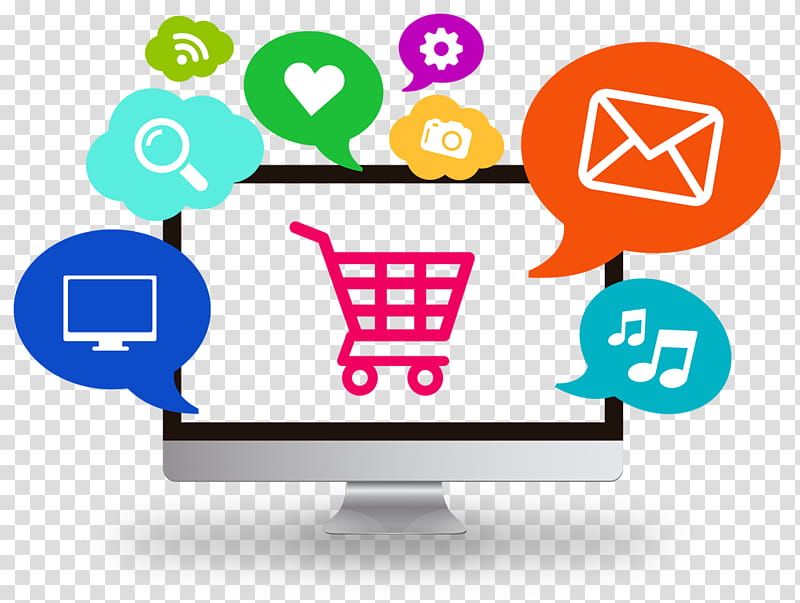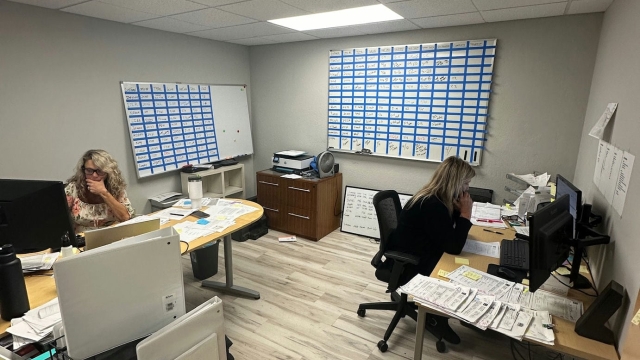
Concrete surfaces are a fundamental element of modern construction, providing durability and strength to buildings, driveways, and walkways. However, over time, these surfaces can become uneven due to settling, wear, and external factors. This irregularity not only affects the aesthetic appeal of a space but can also pose safety hazards. Enter the world of concrete shaving, a process that restores the smoothness and safety of uneven concrete surfaces.
One company leading the charge in this innovative service is KMR Concrete Shaving. By utilizing specialized equipment and techniques, KMR effectively grinds down rough patches and creates level surfaces. This process not only enhances the beauty of the concrete but also extends its lifespan, making it an essential consideration for property owners seeking to maintain their investments. In this article, we will explore the art and science behind concrete shaving, diving into the methods, benefits, and the transformative impact it can have on any space.
Understanding Concrete Shaving
Concrete shaving is a specialized process designed to even out surfaces that have become uneven due to wear and tear, settling, or poor initial installation. This technique involves the use of grinding equipment to remove a thin layer of concrete, effectively smoothing out the surface. The result is a level and aesthetically pleasing finish, which is particularly important in areas where safety and functionality are paramount, such as walkways, warehouses, or commercial properties.
The process begins with an assessment of the concrete surface to determine the extent of the unevenness and the best approach for shaving. Modern equipment used in concrete shaving is equipped with various abrasives that can be adjusted for the specific hardness and condition of the concrete. By carefully managing the depth and angle of the grind, professionals can achieve a uniform surface without compromising the structural integrity of the slab. This precision is crucial, as uneven surfaces can lead to tripping hazards and costly maintenance problems.
Concrete Shaving for Commercial Properties
KMR Concrete Shaving offers a reliable solution for addressing these issues, ensuring that the finished surface meets the desired specifications and durability requirements. Their expertise in concrete shaving not only enhances the visual appeal of the surfaces but also increases their longevity and safety. With a professional approach, KMR Concrete Shaving transforms uneven concrete into smooth surfaces, paving the way for improved functionality and aesthetic value.
The Process of Concrete Shaving
Concrete shaving begins with a thorough assessment of the surface to identify uneven areas that require attention. Professionals, like those at KMR Concrete Shaving, examine the concrete for cracks, bumps, or other imperfections that can pose safety hazards or create aesthetics issues. This initial evaluation is crucial to determine the best approach for achieving a smooth finish.
Once the assessment is complete, the actual shaving process initiates. Specialized equipment is used to grind down the high spots and level the surface effectively. KMR Concrete Shaving utilizes advanced tools that allow for precise control, ensuring clean and uniform results. The process is methodical, with operators carefully monitoring the material removal to maintain the integrity of the underlying concrete.
After the shaving is accomplished, a comprehensive cleaning is performed to remove debris and dust generated during the process. This step is essential to prepare the surface for any subsequent treatments such as sealing or coating. With the job finalized, the result is a beautifully smooth concrete surface that enhances both the appearance and functionality of the area.
Benefits of Smoother Surfaces
Smoother concrete surfaces offer a plethora of advantages that enhance both safety and aesthetic appeal. One of the most significant benefits is improved traction, which reduces the risk of slips and falls. This is particularly crucial in commercial settings and high-traffic areas where safety is paramount. By eliminating bumps and uneven spots, KMR Concrete Shaving ensures a safer environment for employees and customers alike.
In addition to safety, smoother surfaces contribute to the longevity of the flooring. Uneven concrete can lead to wear and tear on vehicles and equipment, creating issues in industrial and commercial spaces. By utilizing concrete shaving services, property owners can help maintain their surfaces, potentially saving on costly repairs or replacements in the future. This proactive approach not only preserves the integrity of the concrete but also enhances overall property value.
Finally, aesthetically pleasing environments can significantly impact the impression a space makes on visitors. Smooth concrete surfaces present a polished and professional appearance that can elevate the ambiance of any location. Whether in homes, offices, or retail establishments, having well-maintained floors underscores a commitment to quality and attention to detail, making a lasting impression on guests and clients.
KMR Concrete Shaving: A Case Study
KMR Concrete Shaving recently undertook a significant project at a commercial facility that had been experiencing issues with uneven flooring. The client reported difficulties in moving heavy machinery across the site, which not only hampered productivity but also posed safety risks to staff. KMR’s team evaluated the concrete condition and proposed a comprehensive solution using their advanced shaving techniques to restore a uniform surface.
The process involved utilizing specialized grinding equipment designed to remove irregularities without compromising the structural integrity of the concrete. KMR’s skilled technicians meticulously shaved down the high spots, ensuring that the final surface adhered to industry standards for smoothness and safety. The project was completed within a tight timeframe, showcasing KMR’s efficiency and expertise in handling concrete shaving tasks of varying complexities.
Following the project’s completion, the client reported a significant improvement in operational efficiency, as machinery could now move freely across the flooring without the risk of damage or injury. This case study exemplifies KMR Concrete Shaving’s commitment to quality service, providing tailored solutions that enhance both safety and functionality in commercial environments.






 Understanding the basics of garage door repair can empower homeowners to address issues effectively, which is why many find
Understanding the basics of garage door repair can empower homeowners to address issues effectively, which is why many find 
 In today’s rapidly evolving business landscape, companies are turning to innovative strategies such as
In today’s rapidly evolving business landscape, companies are turning to innovative strategies such as 








